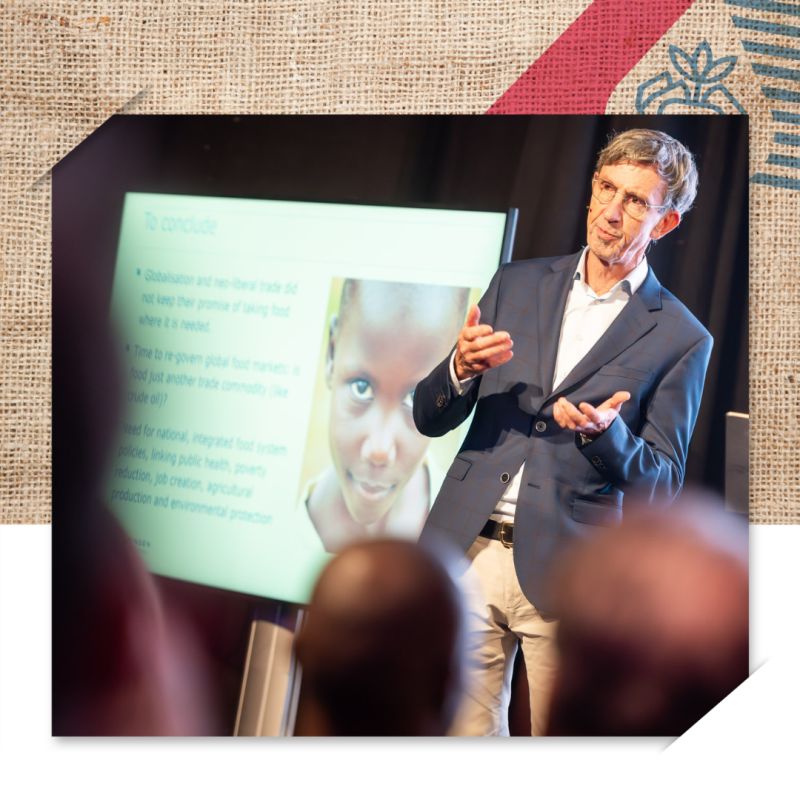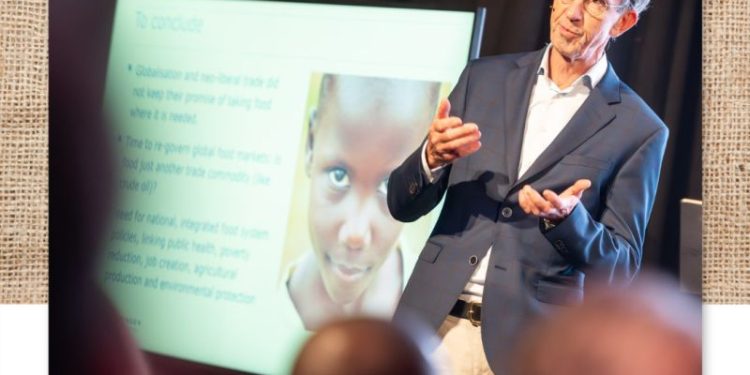In a recent update from Agrico, a shift in perspective on agriculture is brought to light, signaling a departure from traditional notions towards a more comprehensive understanding of the food system.
Three decades ago, the primary focus of agriculture was clear: to cultivate food and sustain livelihoods for farmers. However, in contemporary times, the discourse surrounding agriculture has evolved dramatically. A transition has occurred wherein agriculture is now perceived as merely a component within a broader system, encompassing elements such as sufficiency, affordability, safety, healthiness, diversity of food, and environmental sustainability.
Yet, the narrative becomes nuanced when considering global disparities, particularly in regions where the imperative to meet food demand outweighs environmental conservation efforts. The dichotomy between production and environmental preservation poses a formidable challenge in navigating the complexities of modern agriculture.
The notion of a food system is underscored as a man-made construct, reflective of societal values, behaviors, and priorities. Contrary to mere logistical processes, the food system embodies human agency and collective responsibility.
Delving deeper into the intricacies of food system transformation, Bart De Steenhuijsen Piters from Wageningen Economic Research offers valuable insights. His analysis explores how a minority of smallholder farmers can effectively meet the burgeoning demand of urban populations across Africa, shedding light on innovative approaches and sustainable solutions.
For a comprehensive understanding of the evolving landscape of agriculture and its role within the broader food system, readers are encouraged to delve into the full article. Explore the dynamic interplay between agriculture, societal needs, and environmental stewardship as we navigate towards a more resilient and equitable future.







